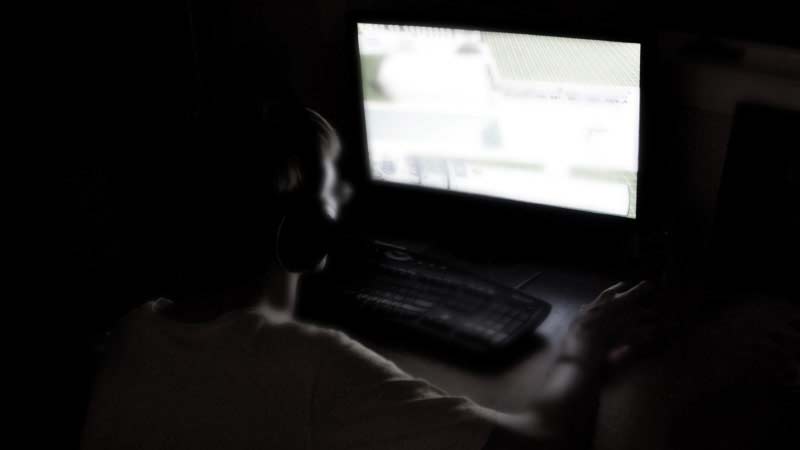Advertisement
Sleep Alert: Bright Screens May Be More Disruptive For Tweens and Young Teens, Study Finds
If you're the parent of a school-age child, you are probably thinking about sleep these days. More specifically, you may be wondering how you will possibly get your child back on a sleep schedule for school after a summer of late nights and mornings sleeping in.
Here's one tip, based on a recent study on sleep led by researchers at Brown University: Get rid of bright screens at night. Especially if your child is a young teen or tween.

The study, published online in the Journal of Clinical Endocrinology & Metabolism, found that children between the ages of 9 and 15 in the early stages of puberty were particularly sensitive to light at night compared to older teens.
Researchers conclude: "The increased sensitivity to light in younger adolescents suggests that exposure to evening light could be particularly disruptive to sleep regulation for this group."
From the Brown news release:
In lab experiments, an hour of nighttime light exposure suppressed their production of the sleep-timing hormone melatonin significantly more than the same light exposure did for teens aged 11 to 16 who were farther into puberty.
The brighter the light in the experiments, the more melatonin was suppressed.
Among 38 children in early to middle puberty an hour of 15 lux of light (think dim "mood" lighting) suppressed melatonin by 9.2 percent, 150 lux (normal room light) reduced it by 26 percent, and 500 lux (as bright as in a supermarket) reduced it by 36.9 percent. The 29 teens in the late or post-puberty stage were also affected, but not as much. Exposure to 15 lux did not suppress melatonin at all, 150 lux reduced it 12.5 percent, and 500 lux reduced it by 23.9 percent.The effects were the same for boys and girls.
"Small amounts of light at night, such as light from screens, can be enough to affect sleep patterns," said study senior author Mary Carskadon, professor of psychiatry and human behavior in the Alpert Medical School of Brown University and director of chronobiology and sleep research at the E.P. Bradley Hospital in East Providence, R.I. "Students who have tablets or TVs or computers — even an 'old-school' flashlight under the covers to read — are pushing their circadian clocks to a later timing. This makes it harder to go to sleep and wake up at times early the next morning for school."
I asked Carskadon what parents can do to help. Here's her emailed response:
- Make a plan for sleep: Set a bedtime for that will provide enough time to sleep—and keep as close to it as you can
- Get bright light every morning upon wake up to help move the internal clock stay at an earlier time that can help enhance sleep onset
- Avoid light at night before bedtime to keep the internal clock from moving later
- Avoid “arousing” activities in the evening; have a wind-down time to relax for about 30 minutes before bedtime
- Don’t sleep with cell phone on, nor the computer, TV, or any other technology (including lights) in the bedroom
- Stick as closely as you can to the sleep schedule on weekends
- Avoid caffeine after school
- Do not nap after 4 pm
- Allow for some fun every day and enjoy life!
Good luck.
